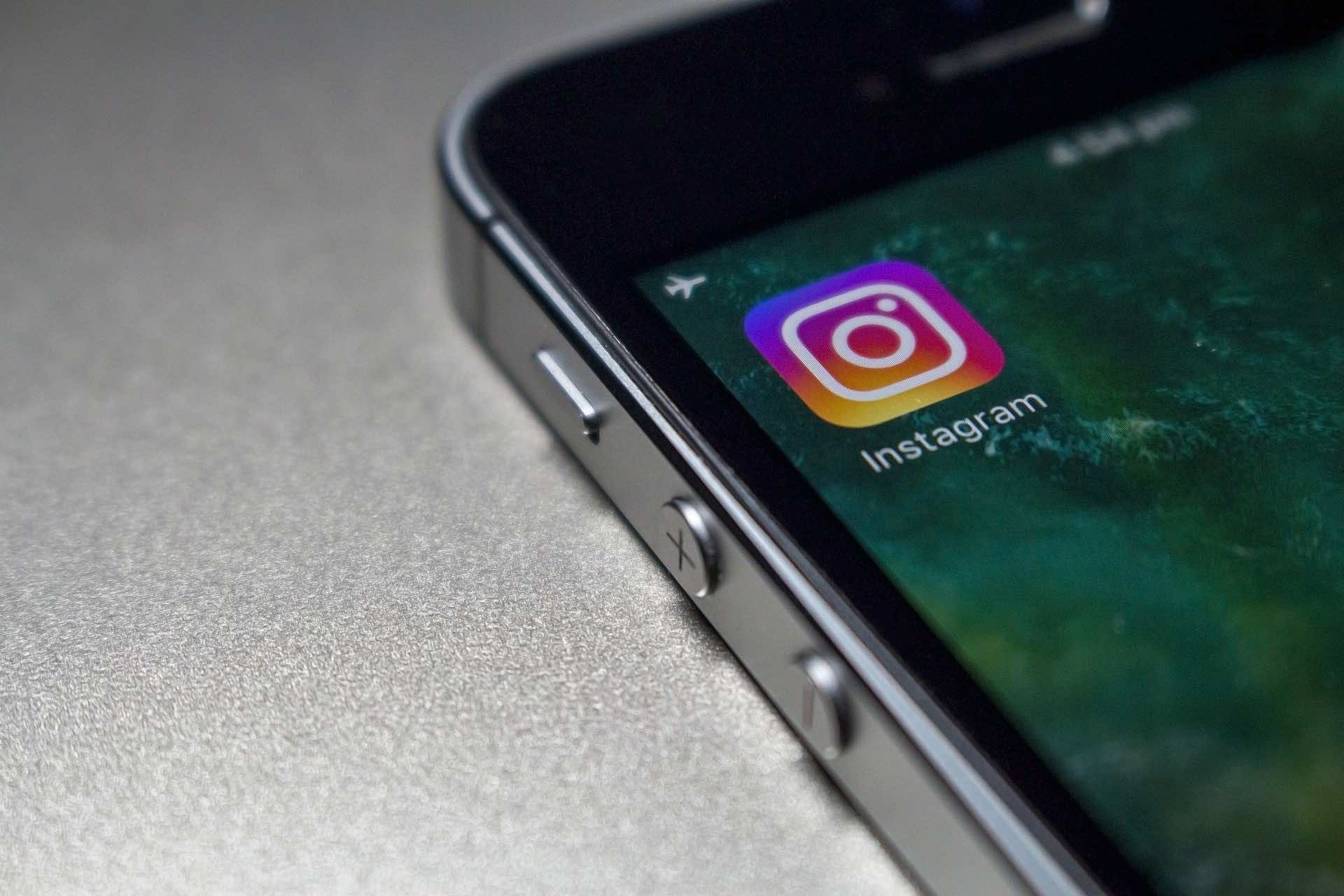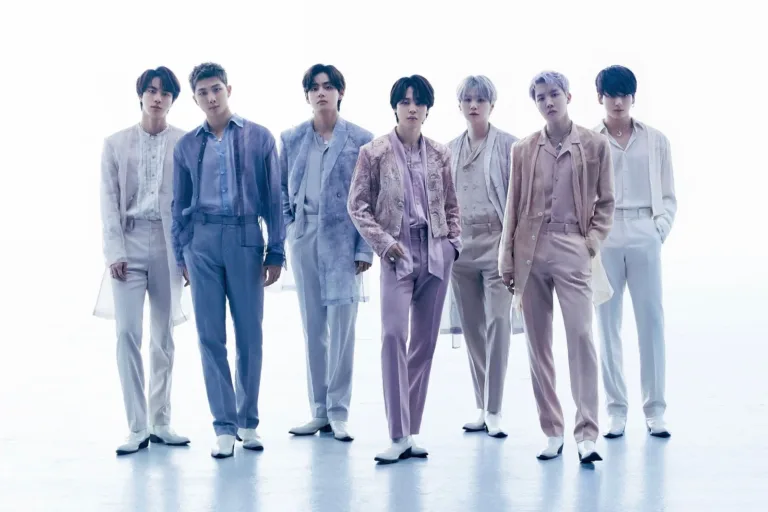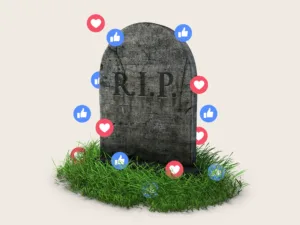Rabat- The story began with influencers and fashion bloggers who use these types of filters on a daily basis.
With thousands or even millions of followers, fashion bloggers are the pinnacle of Instagram, the most prominent users whose content can have a significant impact on a large audience.
By using these filters they are creating an illusion of perfection and unreachable beauty standards. This proves troublesome since their audience might not always realize what they are seeing is not the real world, but rather, an edited and enhanced version of it.
These platforms allow us to discover places, people, and things with unbelievable ease.
If you use Instagram, Snapchat, or TikTok, there is a high chance that you have experimented with filters. Filters can be entertaining, especially those that change your appearance. There is a huge range from the type that makes you look like a character from Disney, to an elderly person, or a dog.
However, sometimes, they serve a different purpose and give us a sense of confidence, by making us appear more polished.
Battle of the genders
Social media filters are making people look pretty but feel worse, it becomes increasingly difficult to remember not to compare yourself to this fake reality that is created through a filter. Especially when you are overwhelmed with millions of photos and videos a day flooding through your social media.
It is well known that comparing your real face or body to edited photos on social media can be harmful.
Many images have been filtered and edited to give unrealistic standards for what is considered “attractive” or “beautiful,” which lowers a person’s self-esteem and creates triggering damaging body image issues, according to an international journal of research Body Image.
By design, using most social media sites compels us to participate in a loop of perpetual comparison: taking the “perfect” picture, editing it, uploading it, then scrolling through everyone else’s attempts as you wait for them to approve of yours.
Research from the same survey showed that out of the total participants, women are more likely to use social media to view photos of others. Whereas the same study found that men are more likely to use social media to find friends. In addition, the data uncovered that women generally feel worse about how they look than men.
Researchers have found that young adults who use social media filters often feel less content with their physical appearance. People with this comparison complex compare themselves to the edited online version of their peers and celebrities, which lowers their self-esteem.
In fact, social media platforms have created a new phenomenon “filter dysmorphia,” also known as Snapchat dysmorphia which is recognized as a real mental health condition in which the person is obsessed with the perceived flaws in their face or body, as a consequence of believing filters are better than they way they look in reality.
Canadian research by John Helliwell and Haifang Huang shows that online networks have negative effects on well-being. Overusing social media and comparing it to others can lead to problems with anxiety, depression, and self-esteem, or they can aggravate mental health issues.
To edit or not?
Using filters on social media does not always need to be viewed in a negative light. In the narcissistic world of social media, where we are constantly judged and judging others on their appearances, it can be frightening to stop editing and using filters on your pictures.
However, there are ways to edit, post, and scroll in a more healthy way, though. It starts with becoming more aware of how filters, body image, and social comparison affect your day-to-day emotions and well-being.
Paying attention to how much time you spend posting and filtering an image as well as how that correlates with your emotional well-being is important to consider.
Embracing your authentic self, and always keeping in mind that our “flaws” are what make us interesting, relatable, and real is a good self-care practice.
Appreciate yourself for all of your qualities, not just the ones that can be seen in a selfie, and try to practice being compassionate towards yourself.
You can make real connections with other people if you first make a loving and supportive connection with yourself.
Overusing social media and comparing yourself to others can lead to problems with anxiety, depression, and self-esteem, or they can aggravate mental health issues.
Read also: Behind Closed Doors: The Transgender Community in Morocco
















